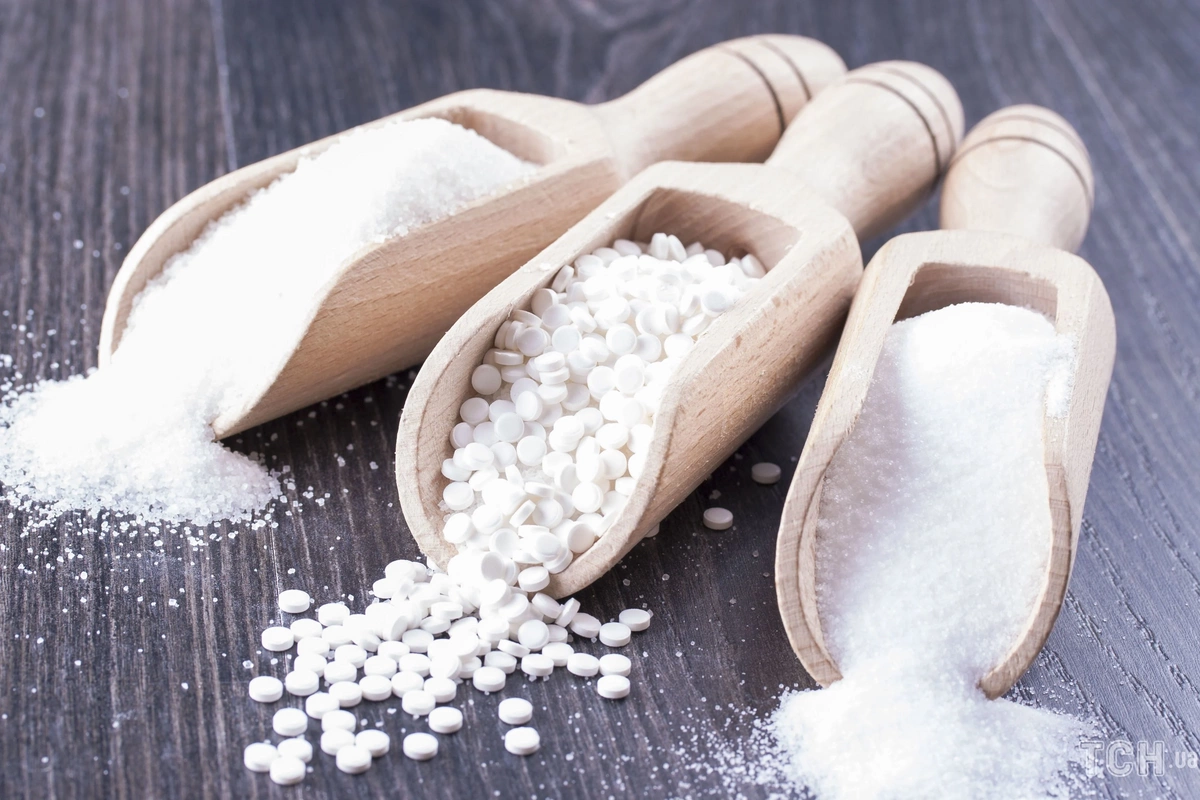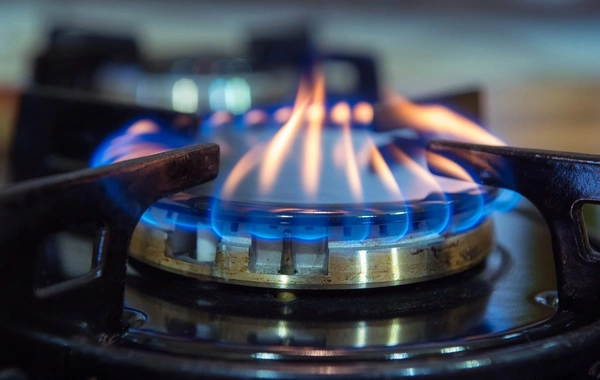Sweet trap: scientists make alarming statement about sweeteners

Diet soda, sugar-free chewing gum, "healthy" desserts with zero calories...
We've grown accustomed to thinking that artificial sweeteners are a safe way to indulge in sweets without harming our figure. However, a new scientific study has called this notion into question.
According to the results, sucralose (one of the most popular non-caloric sweeteners, used particularly under the trade name Splenda) can cause the brain to experience an increased sense of hunger. Moreover, the reaction may be even more pronounced than after consuming regular sugar.
What exactly did scientists discover
The experiment involved 75 volunteers aged 18 to 35. Each of them was offered three different drinks at different times:
-
A drink containing regular sugar (sucrose).
-
A drink containing sucralose (a non-caloric sugar substitute).
-
Regular water (as a control sample).
All drinks had the same cherry flavor so that participants couldn't guess their composition. After consuming each drink, researchers measured blood glucose levels, hormone indicators, and also conducted magnetic resonance imaging (MRI) of the brain.
Experiment results: an unexpected turn
-
After consuming the drink with sucrose, blood glucose levels increased significantly, and the brain received a signal about energy intake. This was accompanied by a decrease in appetite - participants felt satiated.
-
After consuming the drink with sucralose, blood sugar levels remained unchanged. However, the hypothalamus - the brain center responsible for hunger sensation - was activated. The brain perceived the situation as deception: there was a sweet taste, but no energy. This caused an increased feeling of hunger.
Why this happens
Sucralose is approximately 600 times sweeter than sugar but contains no calories. The body, having sensed a sweet taste, expects energy intake. However, no calories are received. This imbalance disrupts normal hunger and satiety signals.
What happens in the body when consuming sucralose
-
The hypothalamus is activated as the brain tries to find the "missing calories."
-
Satiety hormones, particularly insulin and glucagon-like peptide-1 (GLP-1), are not produced.
-
Appetite increases and cravings for carbohydrate-rich foods intensify.
-
This effect is especially pronounced in people with excess body weight.
Possible consequences of regular sucralose consumption
-
Disruptions in appetite regulation: false hunger may occur even with proper nutrition.

Similar News
Non-obvious symptoms of bladder cancer identified
Renowned oncologist Enrique Grande described the symptoms that may signal the development of bladder cancer. In an interview with El Español, the specialist det...



 Azərbaycanca
Azərbaycanca  По-русски
По-русски  English
English 






